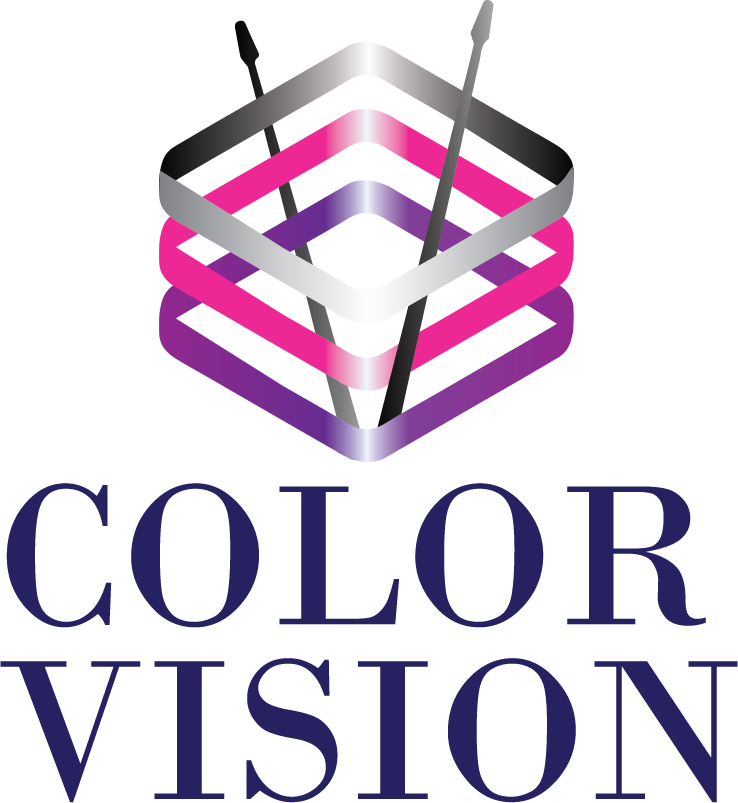Michelle Williams Is A Champion For Women's Pay Equality
In recent years, “inclusivity” and “diversity” have become Hollywood’s favorite buzzwords—and the hype has brought results. There’s no denying that women, people of color, and members of the LGBTQIA+ community are getting more attention than ever. But that doesn’t mean that what they’re getting is enough. We only needed to look to the Emmy’s a few weeks ago: of the 24 actors of color nominated across 18 acting categories, only 3 won—and all of them were men. Hollywood knows how to talk the talk of diversity and inclusion, but it’s still stumbling through its first steps.
Steps, however, were still taken. Actress Michelle Williams, who this year appeared on Fosse/Verdon and won an Emmy for Outstanding Lead Actress in a Limited Series for her work, used her acceptance speech to highlight the value of inclusion: “I see this as an acknowledgment of what is possible when a woman is trusted to discern her own needs, feels safe enough to voice them, and respected enough that they’ll be heard,” Williams said during the ceremony on September 22. She also used her platform to implore those in positions of power to extend the same professional courtesies to all women, and especially women of color. “The next time a woman—and especially a woman of color, because she stands to make 52 cents on the dollar compared to her white, male counterpart—tells you what she needs to do her job, listens to her. Believe her.” Williams, who has been vocal about pay gaps and inequality in Hollywood since the controversy over pay discrepancies between her and All the Money in the World costar Mark Wahlberg, later elaborated on her statements in the press room. “It’s felt like no matter how many accolades I amassed, I still couldn’t make that translate into retirement money or something that felt like long term security. If it was this difficult for me, a white woman in a privileged industry, how difficult is it for women of color across all industries?”
Williams’ conscious choice to highlight the struggles of women of color was an important one. Often “diversity” and “inclusion” are dropped into conversations in the entertainment industry without any specific promises or intention, but Williams had a definitive goal in mind: the elevation and support of women of color. “While tonight is kind of a fairy-tale ending for me and my personal story, there really won’t be any satisfaction for me until the larger message is heard, and that’s what I wanted to pint out tonight.” When established and well-respected actors like Williams throw their support behind women and people of color, it helps improve the entire industry.

